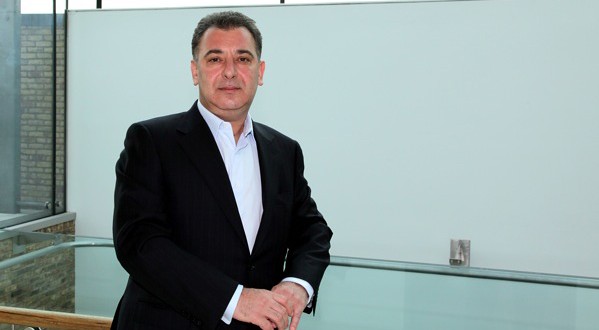
As gathered today, some of those that appeared before the Senate as at the time of writing this piece were cleared by the lawmakers.Īt this juncture, it will be recalled that the Gender and Equal Opportunity Bill has for the umpteenth time since Nigeria embraced democratic government suffered setbacks at the Senate. The women are Betta Edu, Doris Aniche Uzoka, Hannatu Musawa, Nkiru Onyeojiocha, Stella Okotete, Nkiru Onyeojiocha, Uju Kennedy Ohaneye, and Iman Suleiman Ibrahim. The women consist of 25% of the nominees while 75% are men. Only a few days ago, seven women were nominated for ministerial positions in the ongoing democratic dispensation. Without resorting to playing Oliver Twist in this context on behalf of Nigerian women, these issues are compounded by the inaction of current political leadership. In my view, I suggest this issue should be legislatively and constitutionally addressed to protect women from being marginalized in this democratic dispensation. The foregoing summarizes one of the biggest political encumbrances women are today facing in Nigeria’s political landscape. On the other hand, her relations would also reject her from vying for any political office in her own fatherland for the mere fact that she is married to a non-indigene.

She cannot easily declare her intention to run for any elective political position within the political constituencies of her husband as she would be rejected by her in-laws who are invariably misogynists who will unashamedly tell her to her face, “You are not our daughter, you just our wife, or “So you want to be bigger than your husband”, on the ground that she is not a direct indigene or “daughter of the soil”. The most discouraging aspect of this topic is that if a woman is married to a man from a different state of origin, she would automatically find herself in a dilemma. Most women that are today in active politics literarily rode on the wings of their husbands, who are no doubt politically powerful or rode on the goodwill which their profession bestowed on them. Most women are seemingly afraid to vie for elective positions because as it were, they would not be voted for by all the misogynists among the electorate. The comparatively number of women that are today holding various political offices were appointed, and not elected.Īs gathered from spontaneous parleys, the reason why women hold positions of appointment more than elective positions cannot be far-fetched. Numerous social and cultural barriers stand in the way of women and girls’ economic, social, and political attainments, there is no denying the fact that partisan-minded male politicians have from one political dispensation to the other remain the major stumbling block to not a few female politicians in their bid hold elective positions across various electoral constituencies in Nigeria.Īgainst the backdrop of the foregoing, it is expedient to say that the discrimination against the woman by misogynists has seemingly remained irresolvable and pervasive that it is at the moment negatively reflecting on the proportion of women holding political offices across various tiers of government in our country. In fact, in as much as Nigeria’s equity challenge stems from other deep-rooted issues, which are mirrored in many other African countries.

Without a doubt, the perennial neglect of women, particularly in elective positions has kept the tongues of many Nigerians wagging, as they usually ask, “Why are Nigerian women left out in the electoral scheme of things when it comes to elective opportunities? Thus, there is no denying the fact that not a few individuals and groups have over the years been campaigning and calling for political reforms to ensure the effective participation of women in all positions of political leadership. It is no more news that the presidential and general elections conducted earlier in the year have gone with the characteristic display of patriarchal and domineering dispositions usually exhibited by misogynistic politicians toward their female colleagues so much that their collective retrogressive actions impede the elective opportunities of women politicians who ought to be brought together from across the divided political spectrum to ensure increased female representation.


 0 kommentar(er)
0 kommentar(er)
